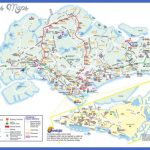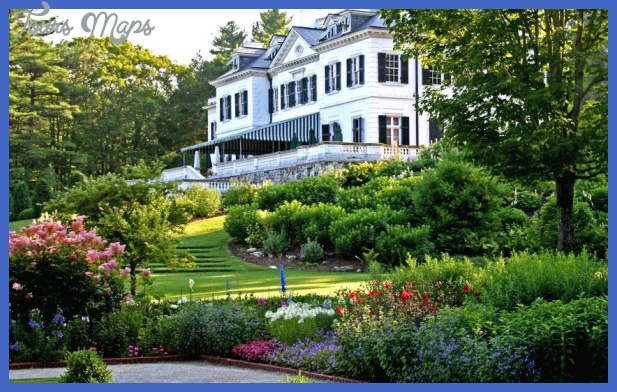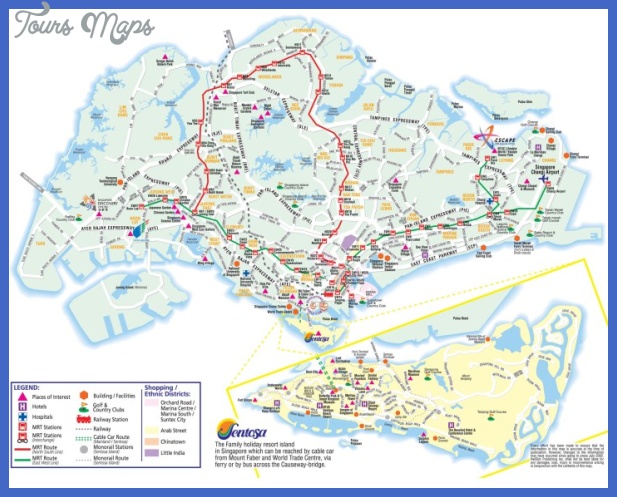Massachusetts Latinos as Political Refugees
Understanding the difficulties faced by the Latino community in Massachusetts first requires an analysis of the immigration procedure that this community faced beginning in the post-World War II era. Recently, the debate over so-called illegal immigration has focused on states such as California, Arizona, New Mexico, and Texas. As of January 2000, however, the Immigration and Nationalization Services (INS) estimated that 87,000 individuals resided in Massachusetts illegally, an increase of 60 percent from 1990. Both anecdotal and empirical evidence suggests that this figure is vastly underestimated. As a result a large portion of Massachusetts’s residents encounter difficulties locating housing, employment, education, and healthcare, among other impediments. These issues compound the complexities of integrating into a society that does not speak the migrants’ native language, demonstrates a great deal of discrimination, and views migrants’ arrival as a cause for concern rather than as a vital economic force that bolsters local economies.
The 1917 Jones-Shafroth Act naturalized as U.S. citizens all Puerto Ricans who arrived in Massachusetts under one of four immigration categories: permanent legal residents, undocumented immigrants, refugees under the Nicaraguan Adjustment and Central American Relief Act (NACARA), or refugees under the Temporary Protected Statute (TPS). Latin American migrants under the first category, permanent legal residents, constitute the majority of first-generation Latinos in Massachusetts. In order to obtain this legal status, migrants had to qualify in one of the following categories: family reunification, employment, investment, international adoptions, beneficiaries of the diversity lottery, and those designated refugees or asylees who have been in the United States for at least one year, among others.4 This status allows individuals to become U.S. citizens and gain all legal rights granted by the government.
The second group, arriving without legal documentation, constitutes a much smaller portion of the first-generation Latinos in Massachusetts. These individuals often arrive with this status because of several reasons, including the long wait in receiving a visa granted to family members of migrants already living in the United States, the difficulty in finding sponsorship from a U.S. company, or the difficulty in gaining permanent residency through the diversity lottery. There are several programs offering citizenship to undocumented migrants of certain nationalities. These programs, however, offer help to a very limited number of people, leaving many with no avenue for legalization. Of the Latino community in Massachusetts, Colombians best exemplify this plight, as their only means for attaining permanent residency or citizenship in the United States is through a limited number of visas awarded yearly. As a result a large percentage of first-generation Colombians reside in Massachusetts illegally.
TPS and NACARA statuses awarded to Latino migrants are available only to Salvadorans, Hondurans, and Guatemalans. TPS applies only to Salvadorans and Hondurans, and it emerged as part of the Immigration Act of 1990. Eligible Salvadoran migrants need to have arrived prior to February 12, 2001, and eligible Hondurans prior to December 20, 1998. Furthermore, this status will not lead to U.S. citizenship, only to a 6- to 18-month-long permission to obtain work legally and prevent deportation. NACARA applies to Guatemalans and Salvadorans. Under this program, migrants who received asylum prior to 1990 or who arrived in the United States prior to 1990 and applied for TPS are eligible to receive permanent residency. As of 2003, some 200,000 Salvadorans and 50,000 Guatemalans qualified for NACARA. Both of these programs, however, leave migrants vulnerable to abuses that could lead to deportation if any little mistake occurs during the application and renewal processes.
Massachusetts Travel Destinations Photo Gallery
Maybe You Like Them Too
- The Best Cities To Visit in The World
- World’s 10 Best Places To Visit
- Coolest Countries in the World to Visit
- Travel to Santorini, Greece
- Map of Barbados – Holiday in Barbados








